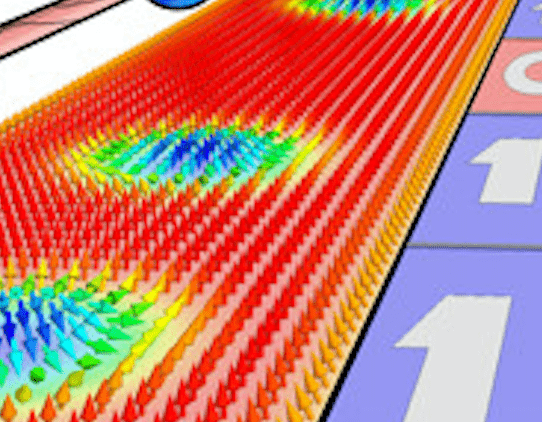
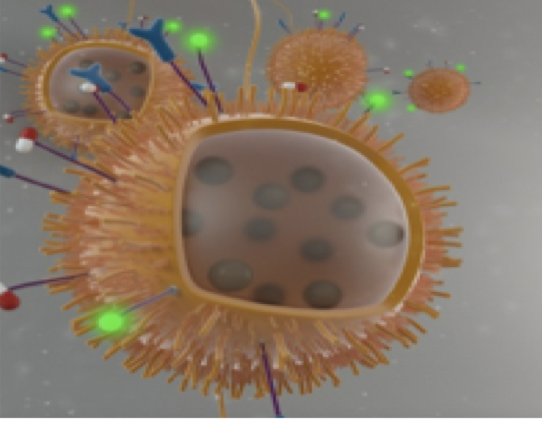
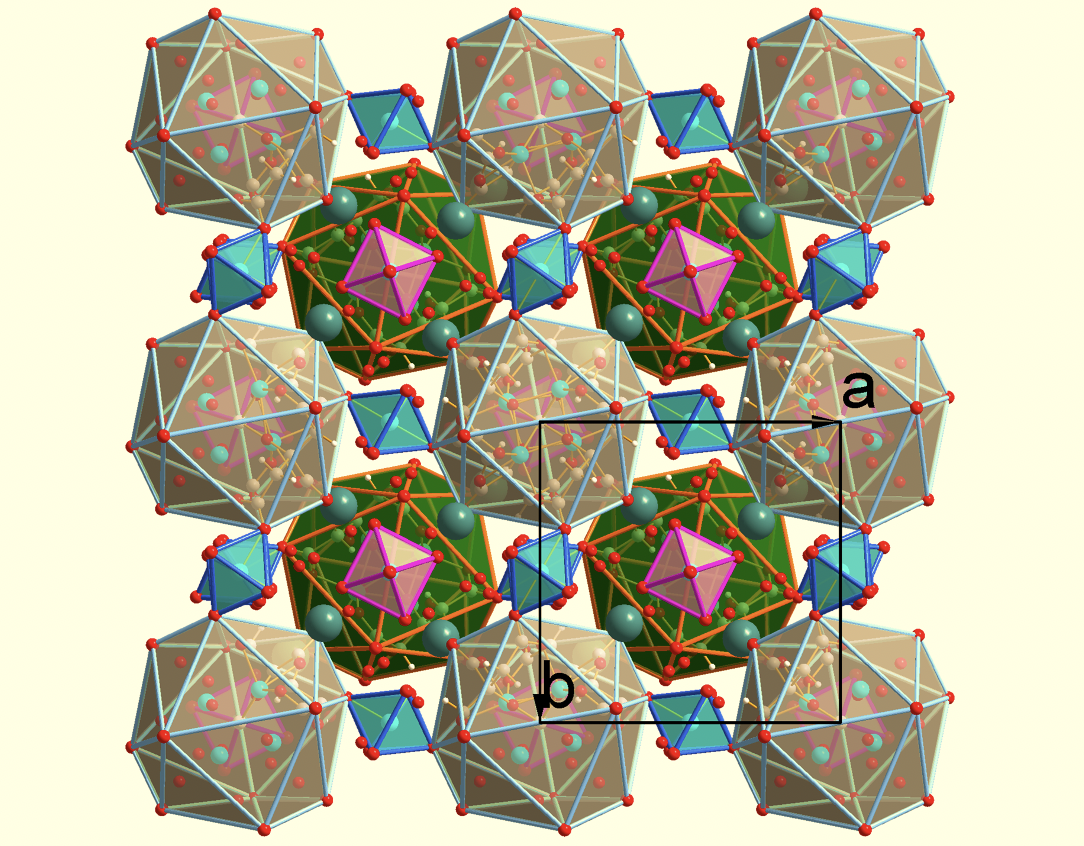
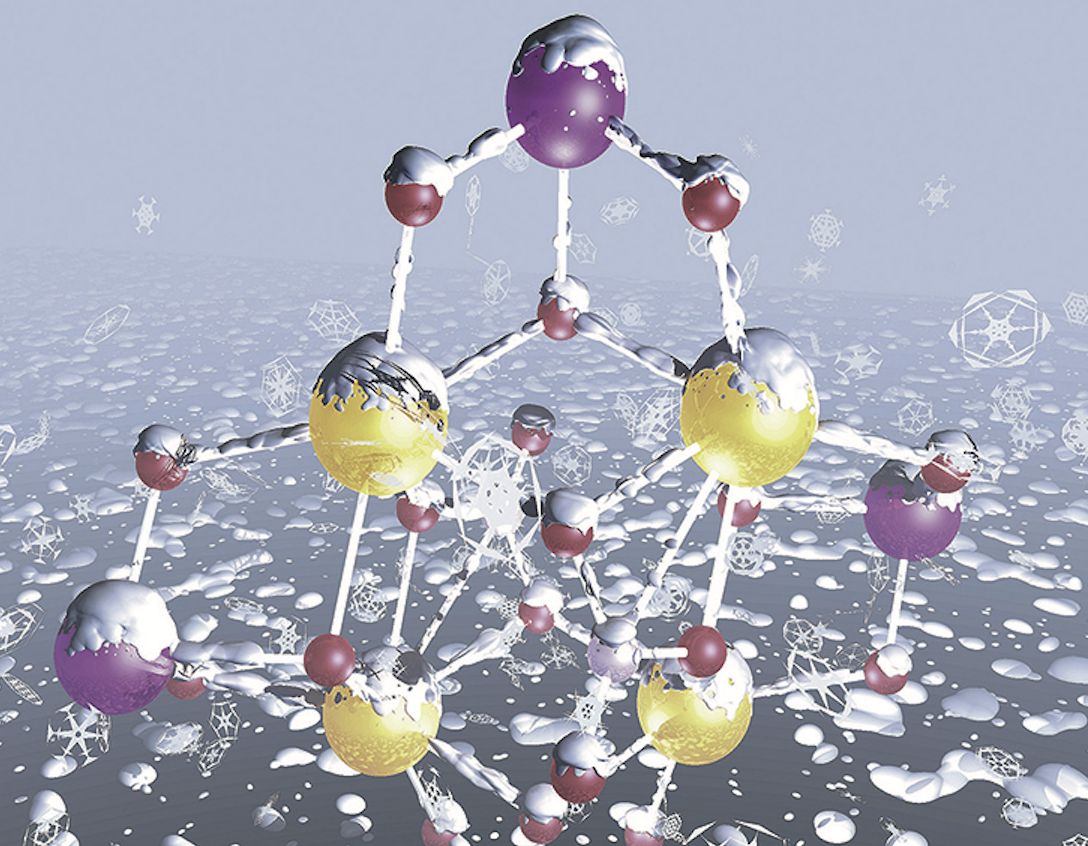
About Our Research Group
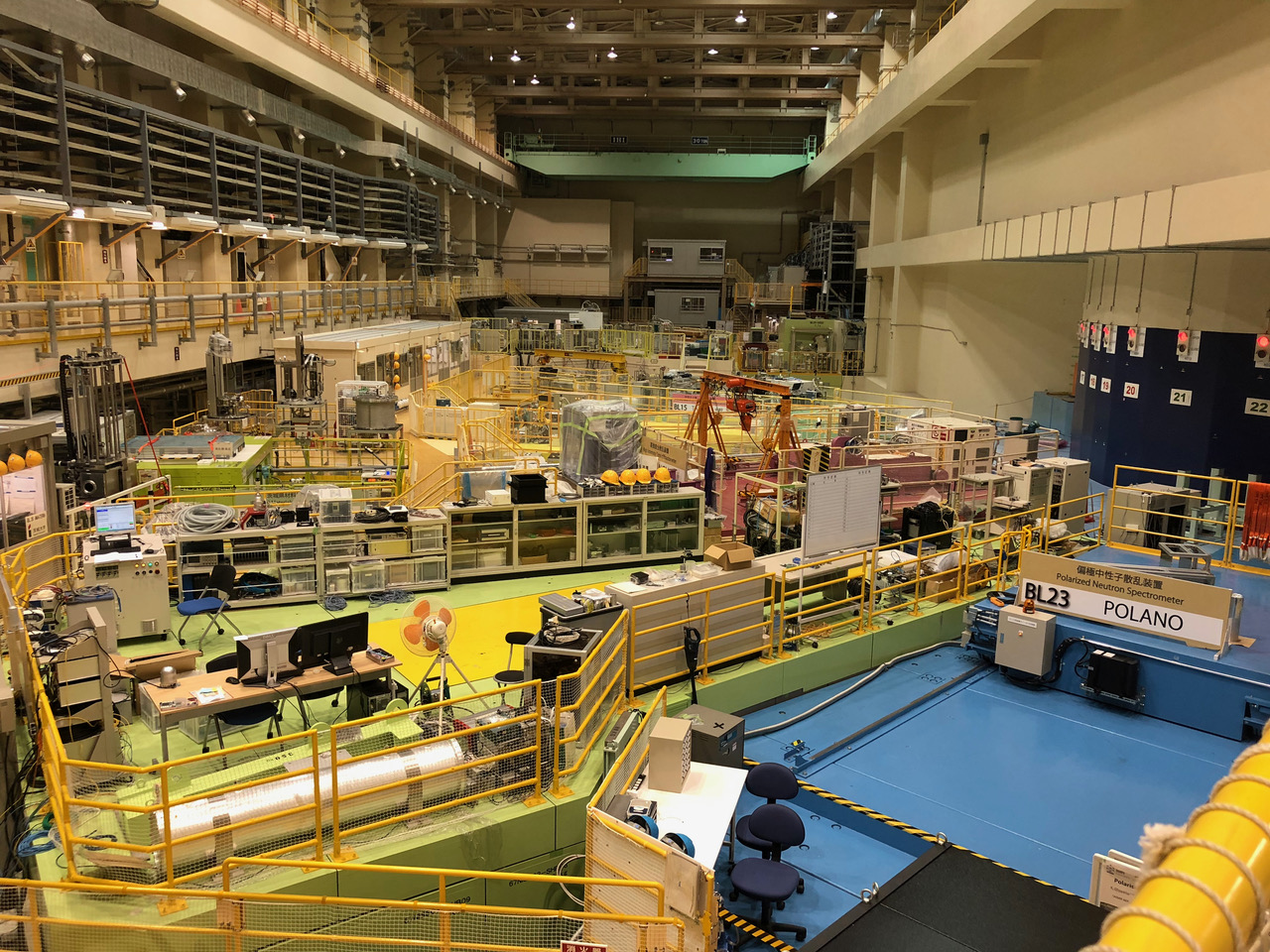
News and Events
-
Sustainable Si0X anodes for Lithium-ion Batteries from algae
22 Feb 2024 -
Síntesis y caracterización de derivados de calcogenuros: kesteritas y espinelas
30 Jan 2024 -
Polioxovanadatos y Polioxovanadoboratos de valencia mixta. Relación entre estructura y propiedades
25 Jan 2024 -
Innovative Lanthanide-based Multifunctional Molecular Materials of various dimensionalities: selected examples
26 Jan 2024 -
Soft and hard matter high-resolution neutron spectroscopy at the Australian Centre for Neutron Scattering
19 Dec 2023 -
International Workshop on Advanced Characterization of Li-ion Batteries by Neutrons and X-rays
20 Jun 2023
96
JOURNAL ARTICLES (2017-19)
3,091
MILLION EUR GRANTS RECEIVED (2017-19)
24
RESEARCH MEMBERS (2020)
Recent highlights of our work
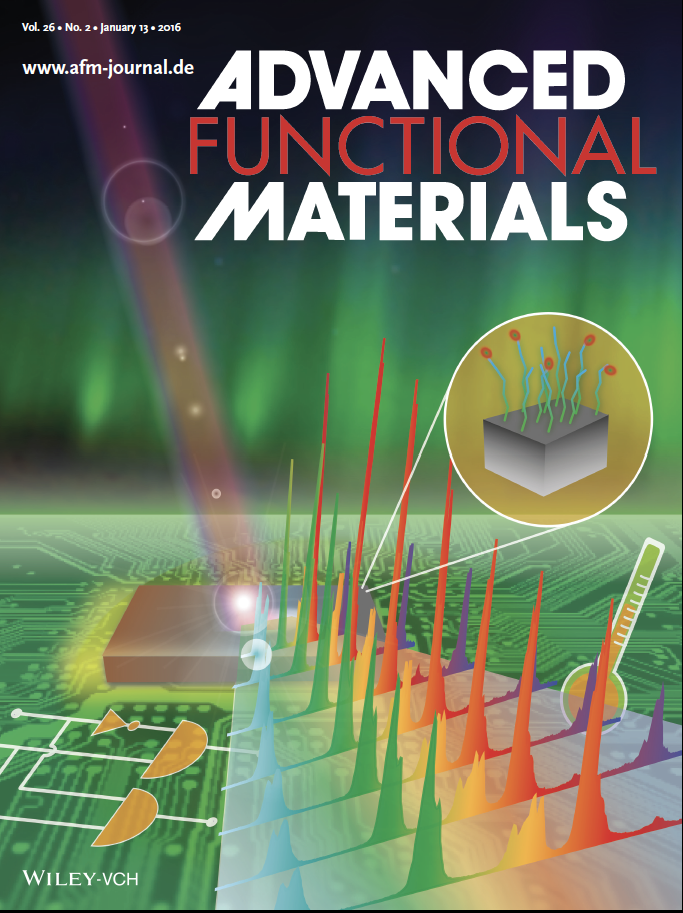 Implementing Thermometry on Silicon Surfaces Functionalized by Lanthanide-Doped Self-Assembled Polymer Monolayers
Implementing Thermometry on Silicon Surfaces Functionalized by Lanthanide-Doped Self-Assembled Polymer Monolayers
